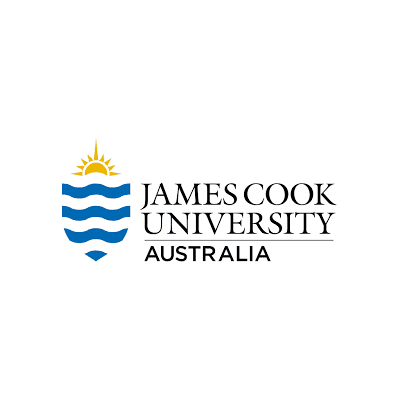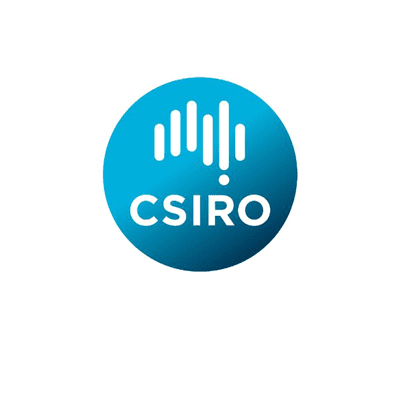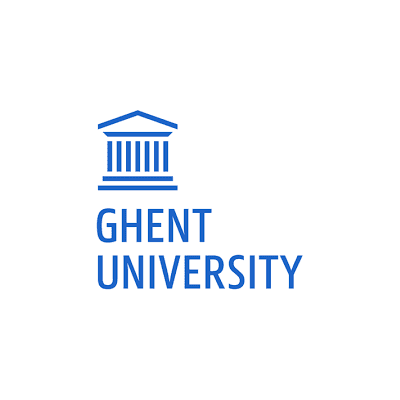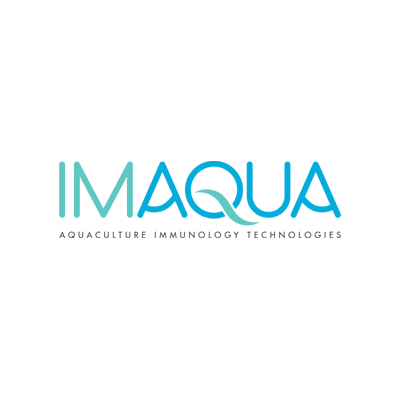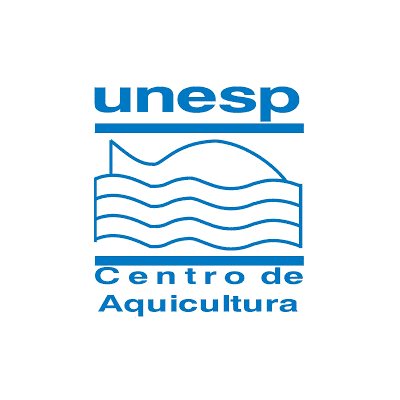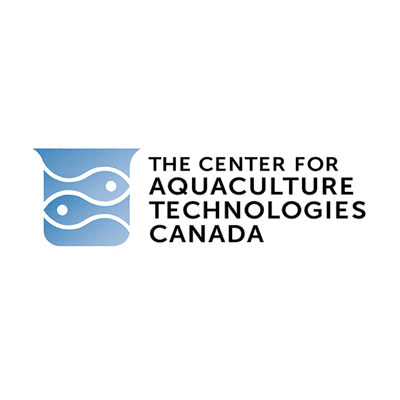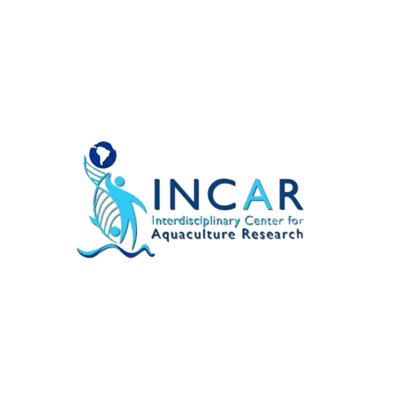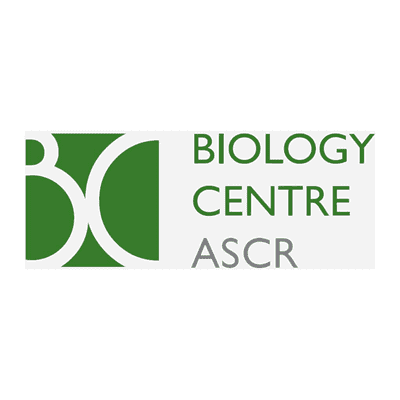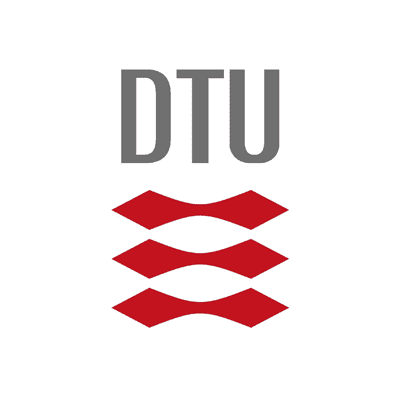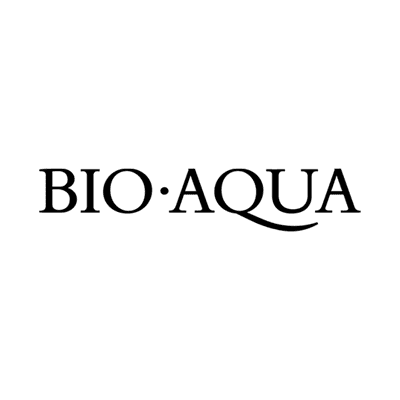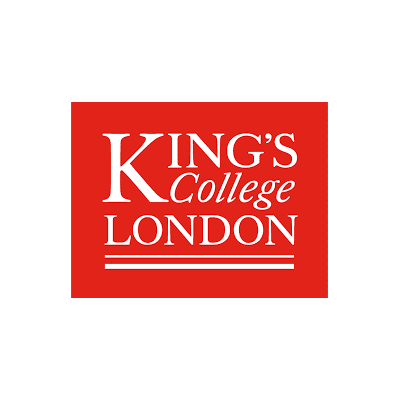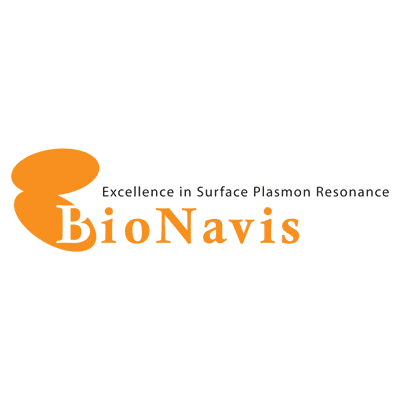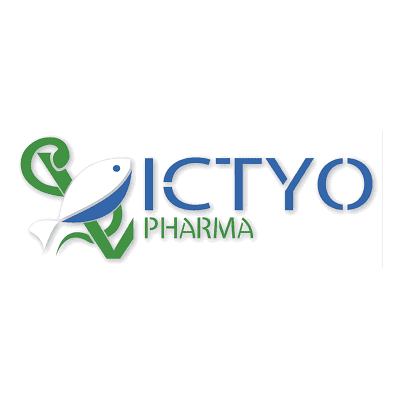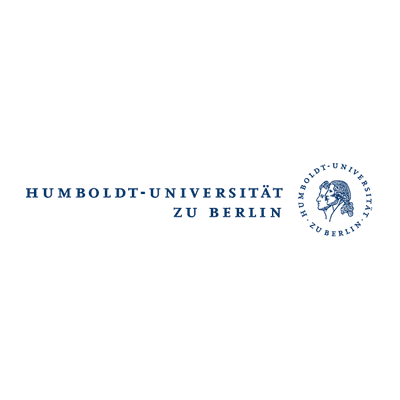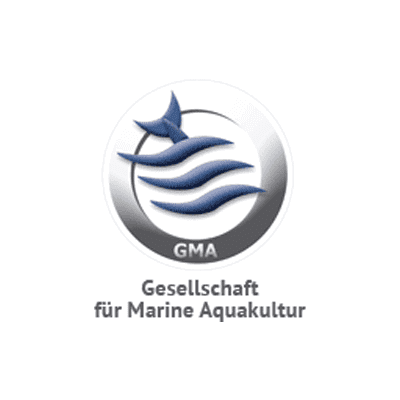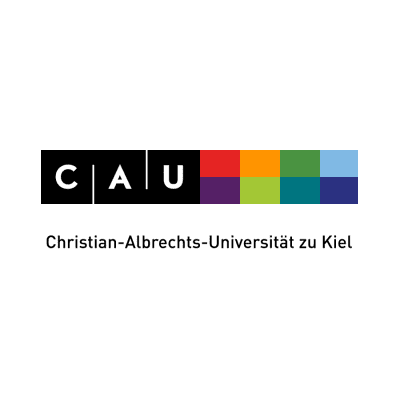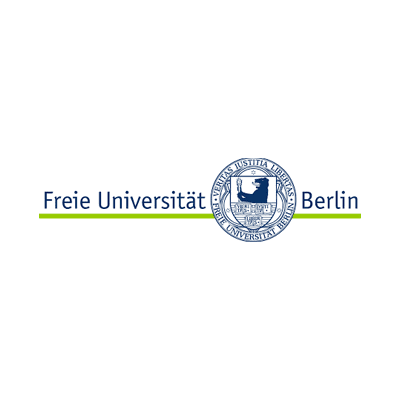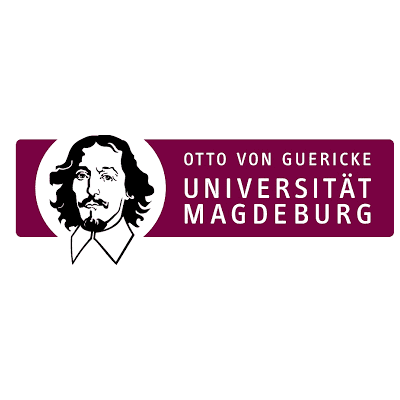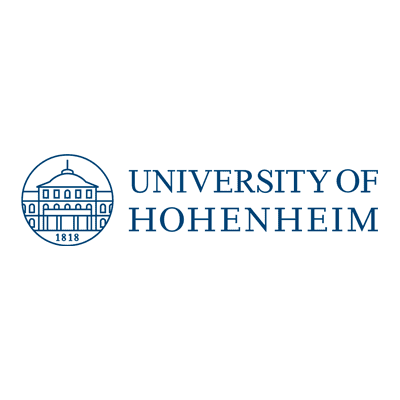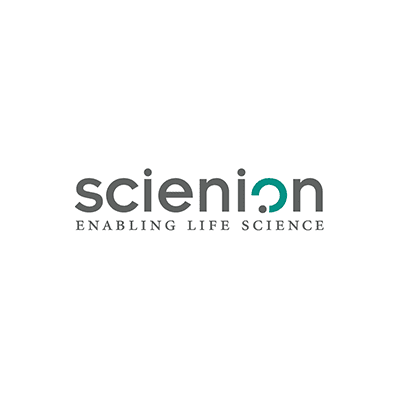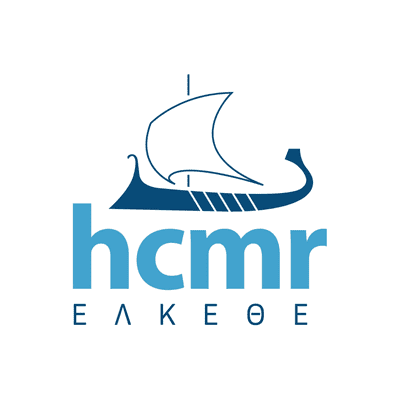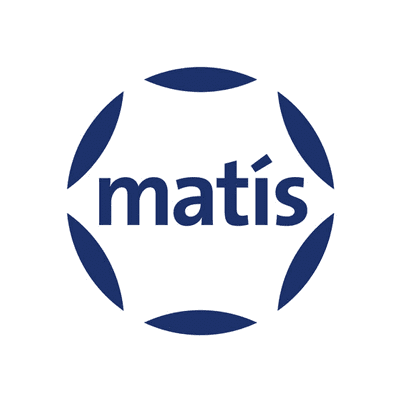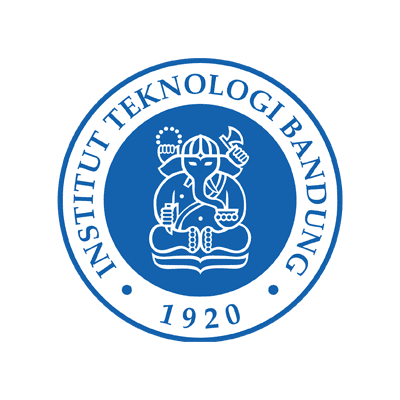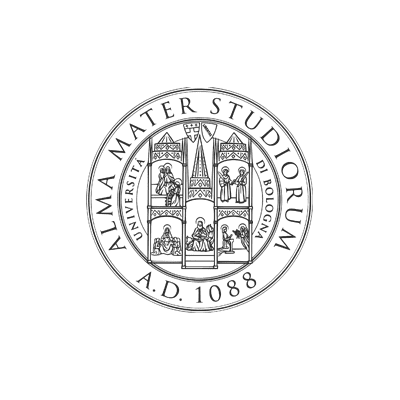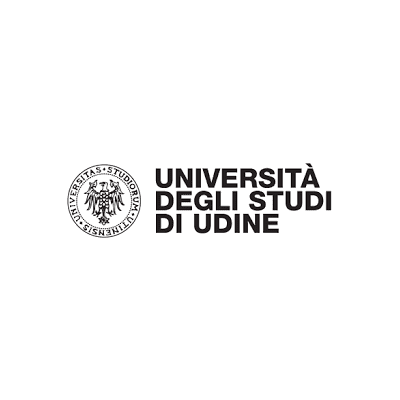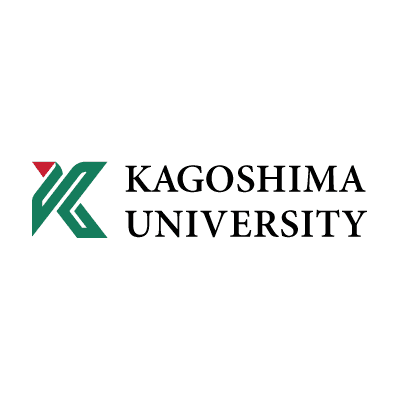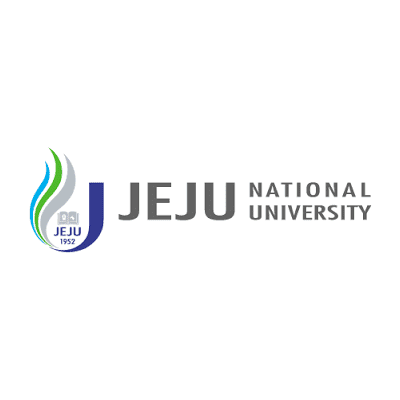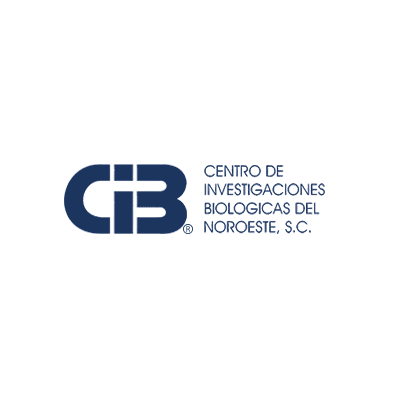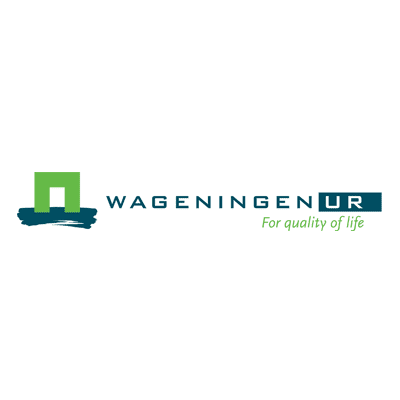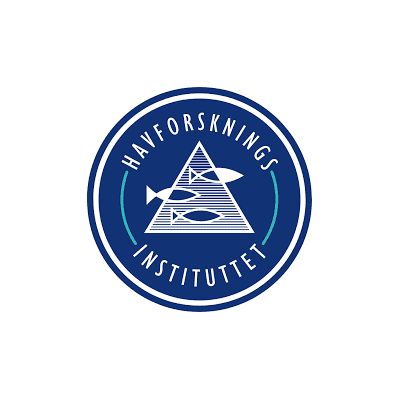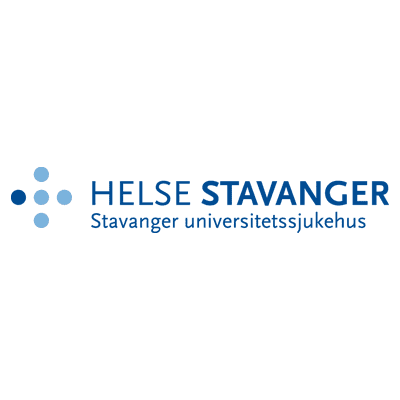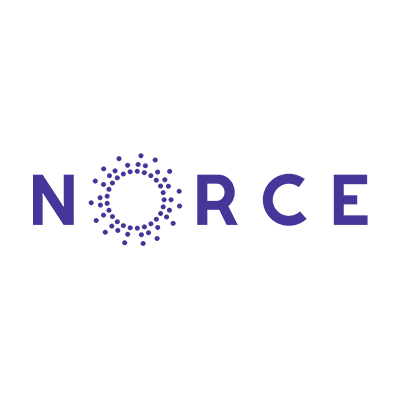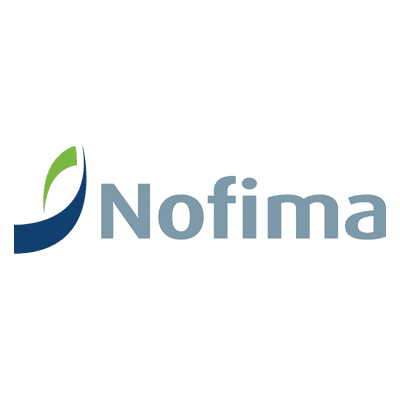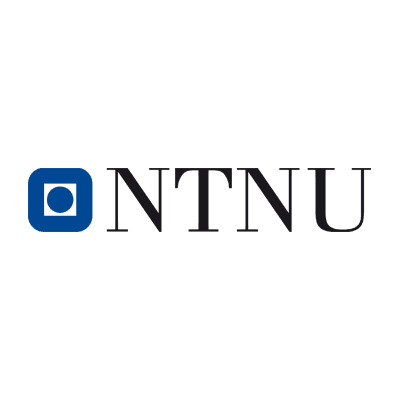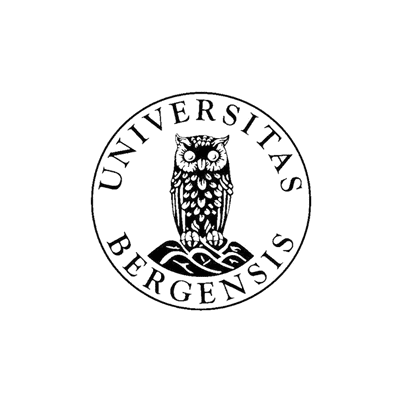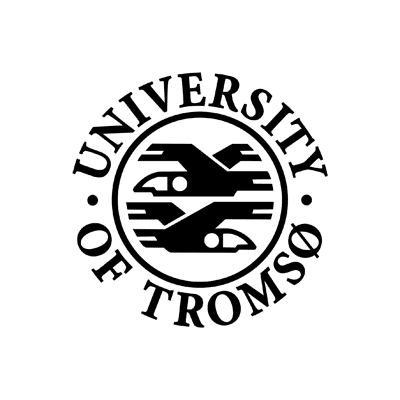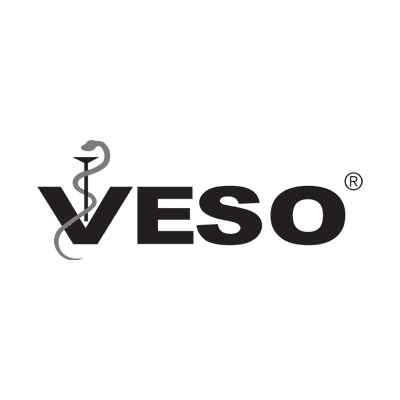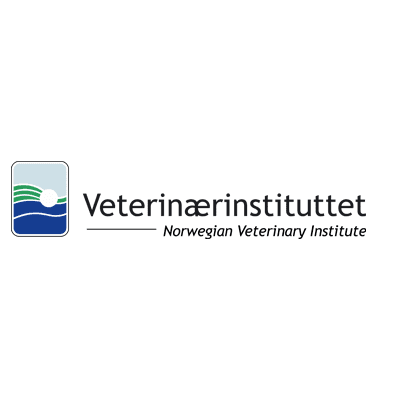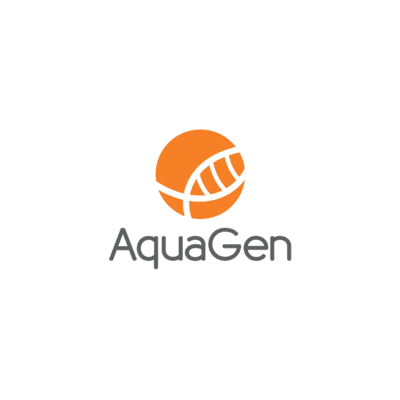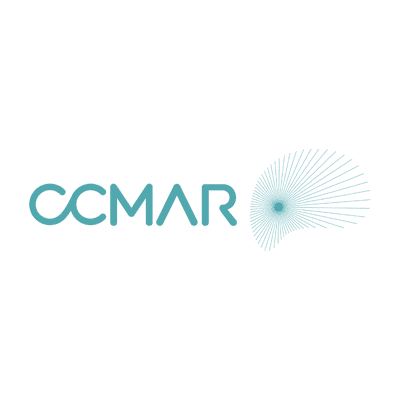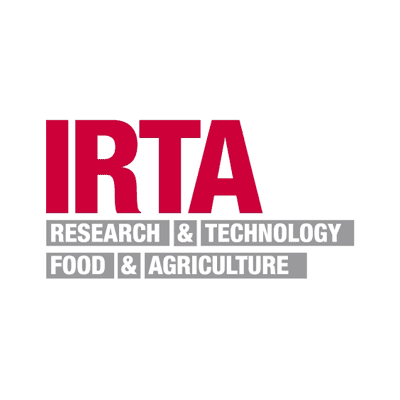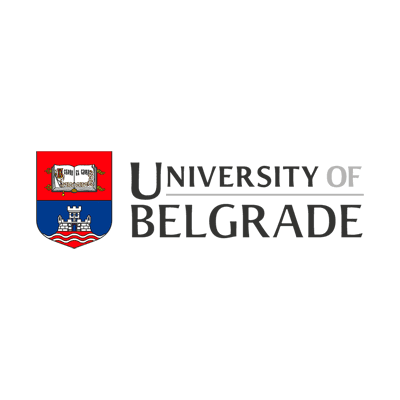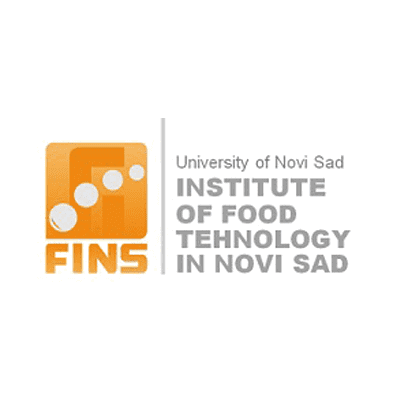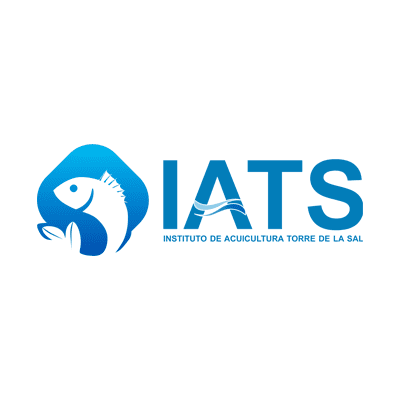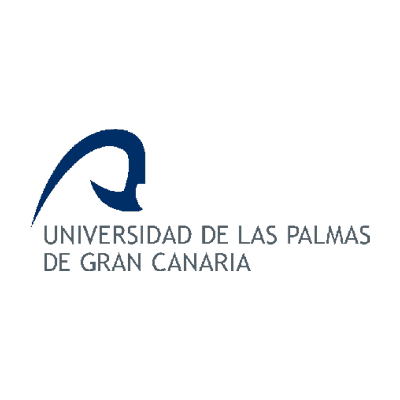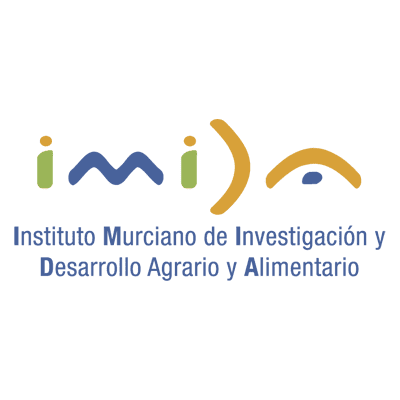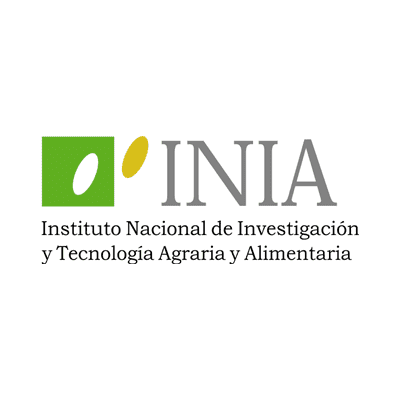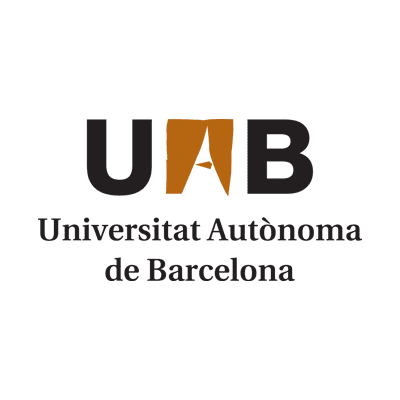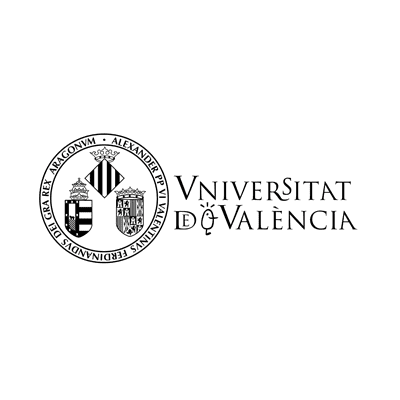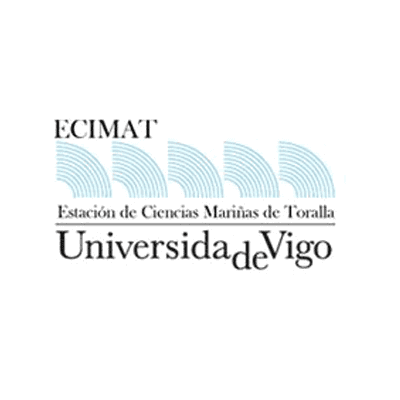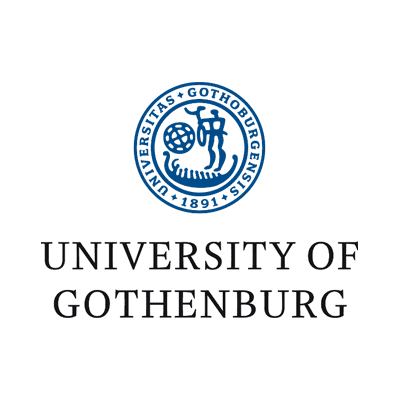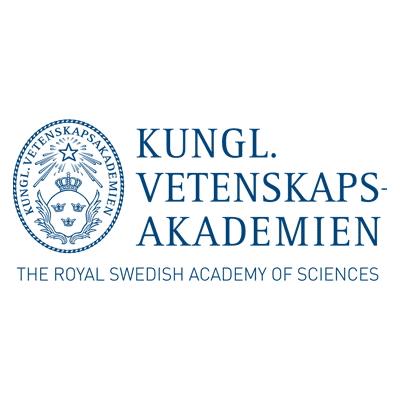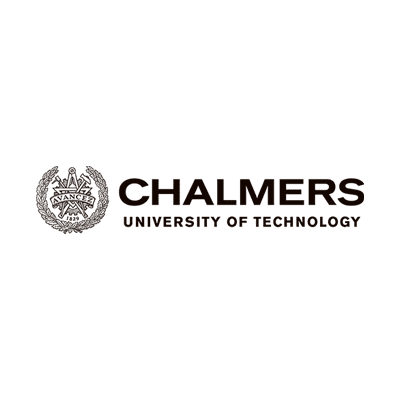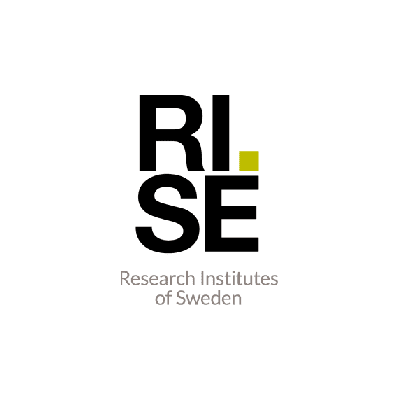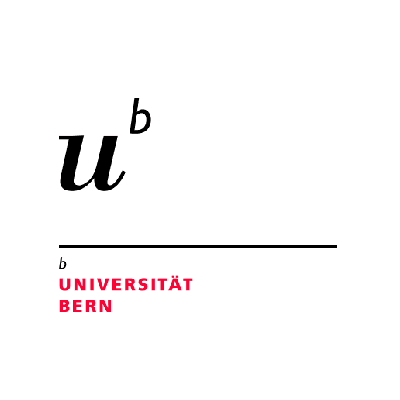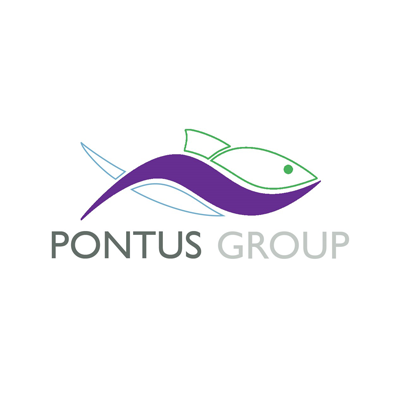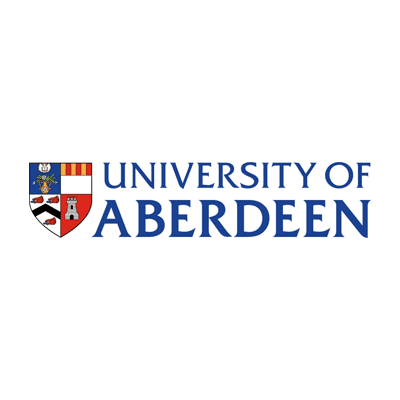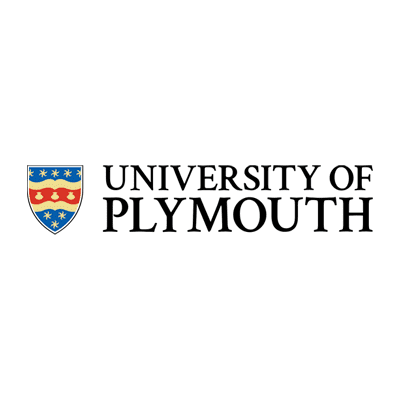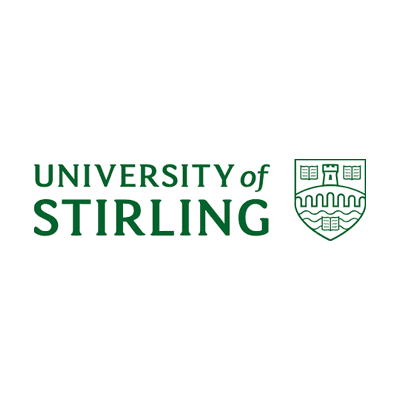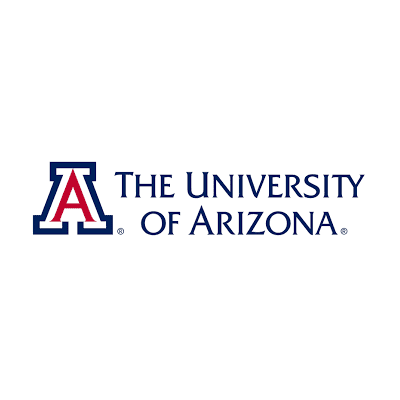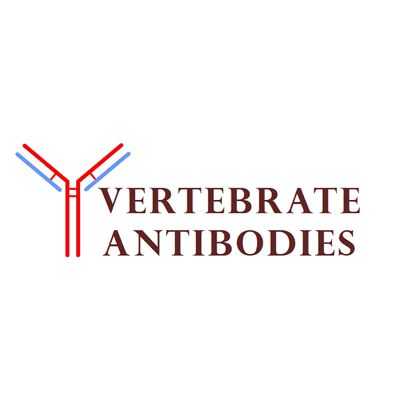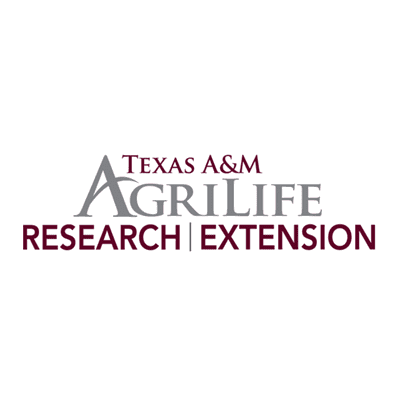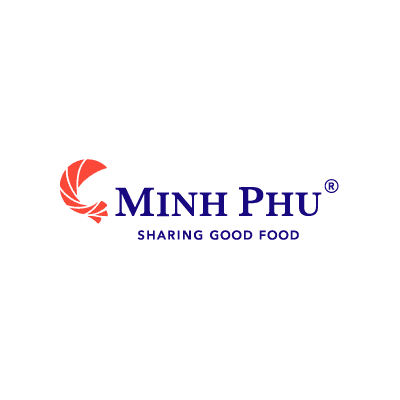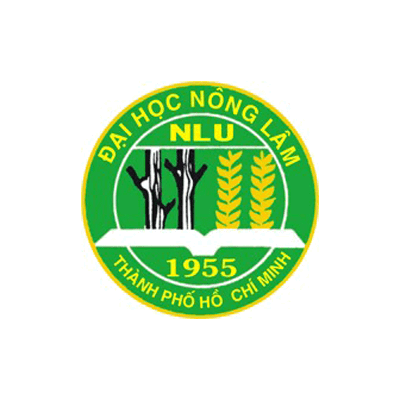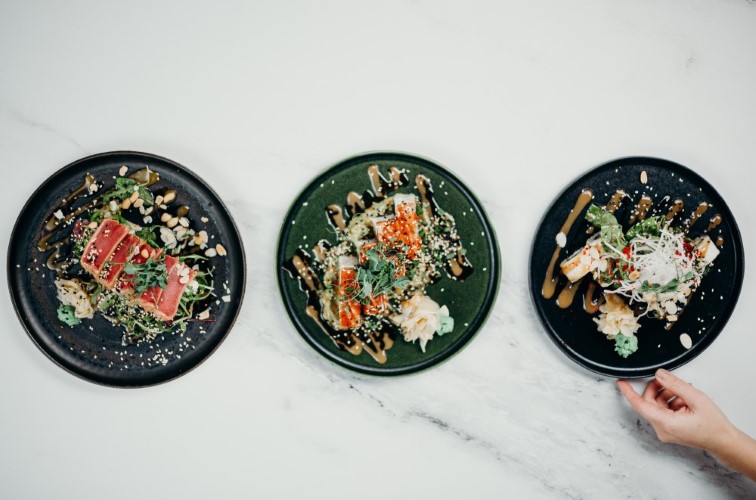
EATFish
The objective of EATFish is to achieve a sustainable and profitable European aquaculture sector, which guarantees access to healthy seafood for an ever-growing society.
We collaborate with more than 60 research partners around the world, from public institutions to leading universities. These collaborations are the bridge between academia and industry, fostering intense research and talent incorporation, generating new insights that help us develop high-performance nutritional solutions and services.
Working with leading universities and research centres allows us to be present in some of the most exciting scientific projects that are being carried out globally. Learn about some specific examples of these collaborations.

The objective of EATFish is to achieve a sustainable and profitable European aquaculture sector, which guarantees access to healthy seafood for an ever-growing society.
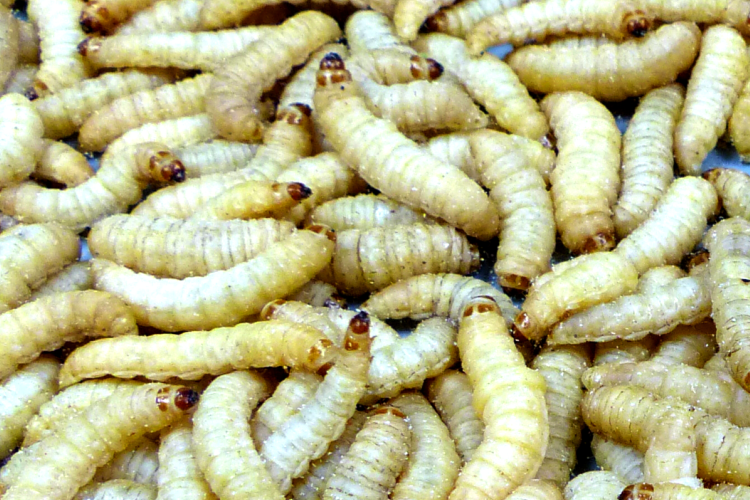
Flagship demonstration project for the industrial-scale production of nutritional resources from insect larvae (mealworms), with the aim of promoting the development of a sustainable bioeconomy.
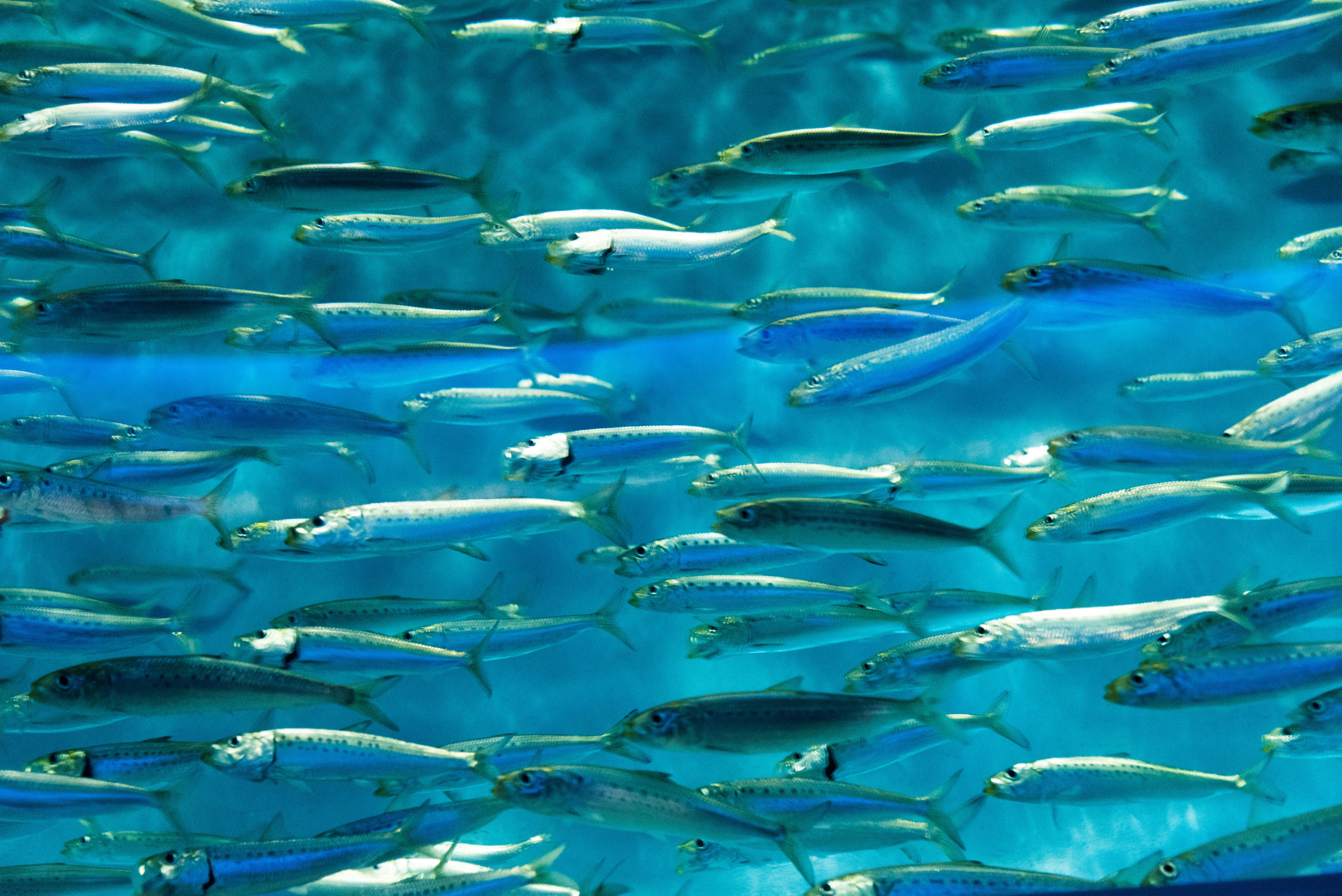
In response to the need to grow aquaculture sustainably and become independent of finite feed ingredients, this project aims to develop an innovative and high-performance screening tool that will enable the feed industry to predict the nutritional and health value of alternative feeds faster and more effectively.

SynoProtein aims to develop and demonstrate a carbon-negative process that converts sawmill waste into single-cell proteins for fish feed. In addition, the process also produces biochar for animal feed.
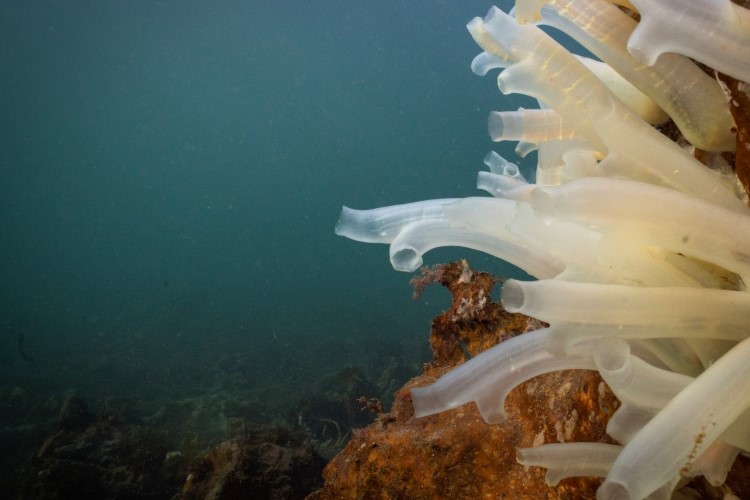
This project investigates whether tunicates can be used as raw material for salmon feed. Tunicates contain marine protein and Omega-3, and the goal is to analyze which parts of these organisms are best suited for that purpose.
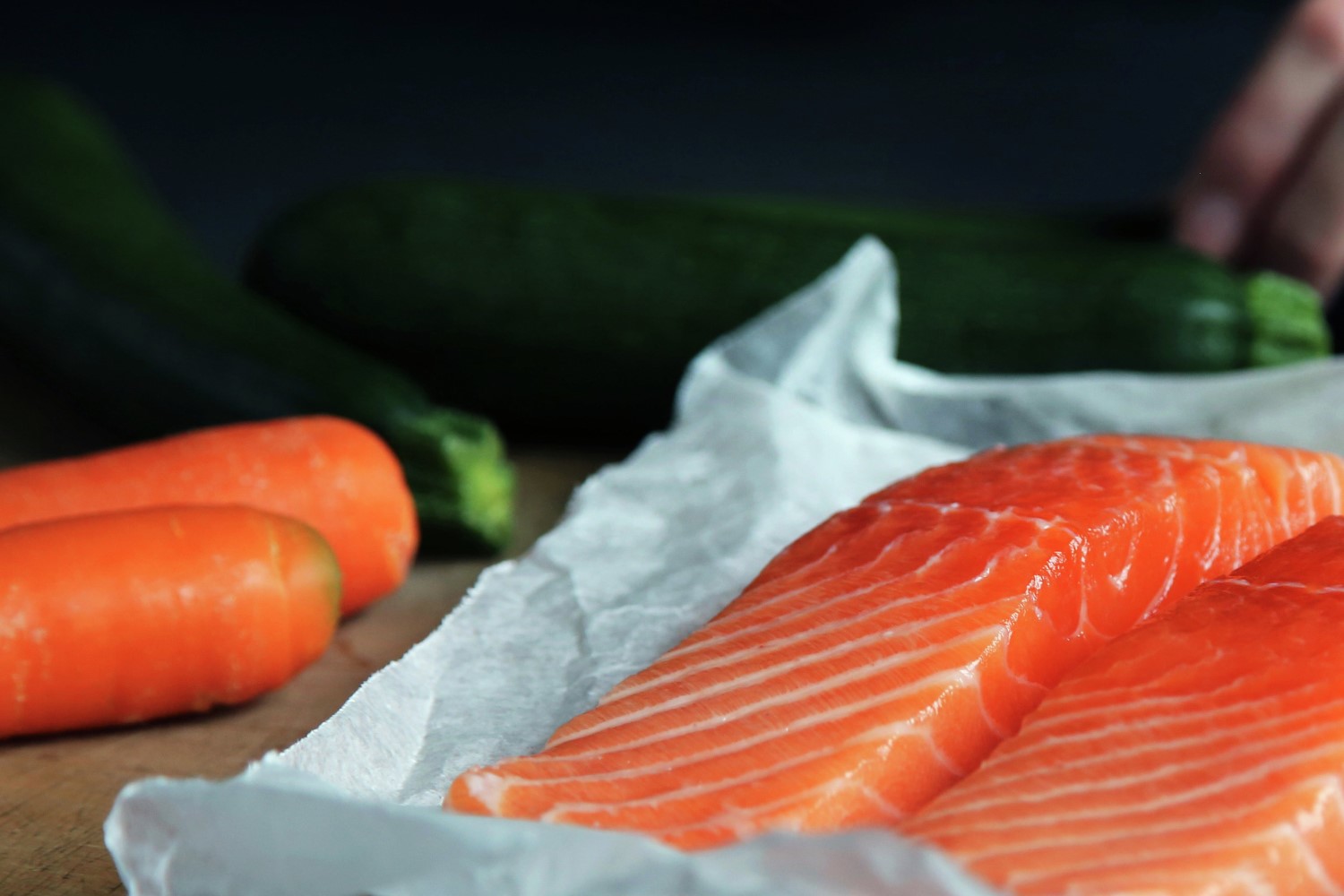
It studies how dietary factors and physiological mechanisms interact with and control salmon muscle pigmentation.
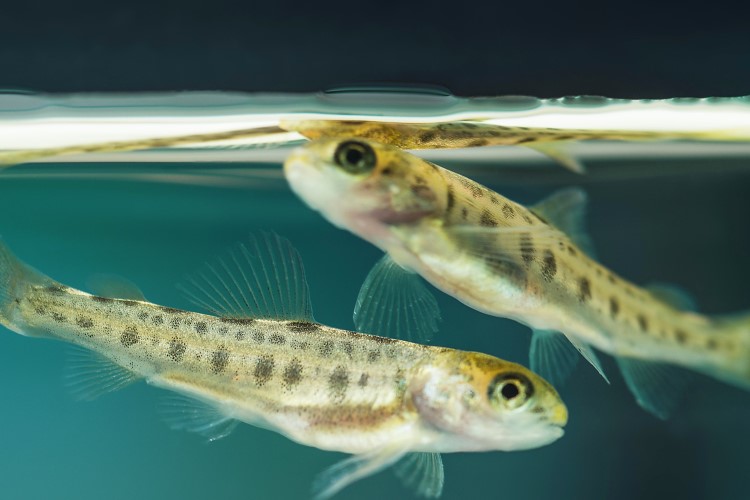
It increases knowledge about kidney function and the physiological changes that occur when fish are exposed to different production environments, to develop preventive measures and best practices to reduce the occurrence of nephrocalcinosis in trout and salmon.
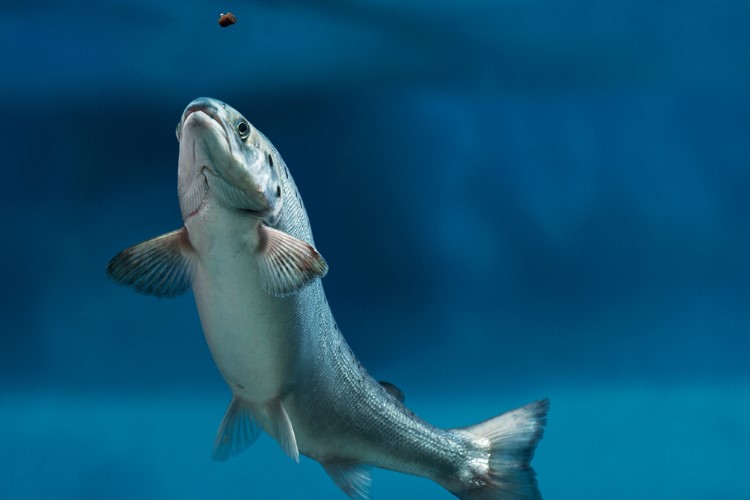
It gathers knowledge on how interactions between fat and fatty acids, sinc and cholesterol in feed affect the health and robustness of fish in the production cycle.
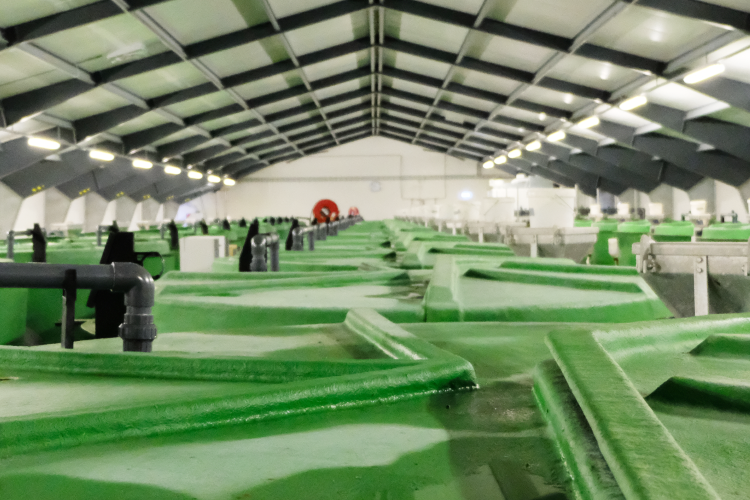
It ensures first-grade biosecurity measures in RAS facilities for salmon farming through a better understanding of how pathogens spread, establish and survive in the complex ecosystem of RAS environments.
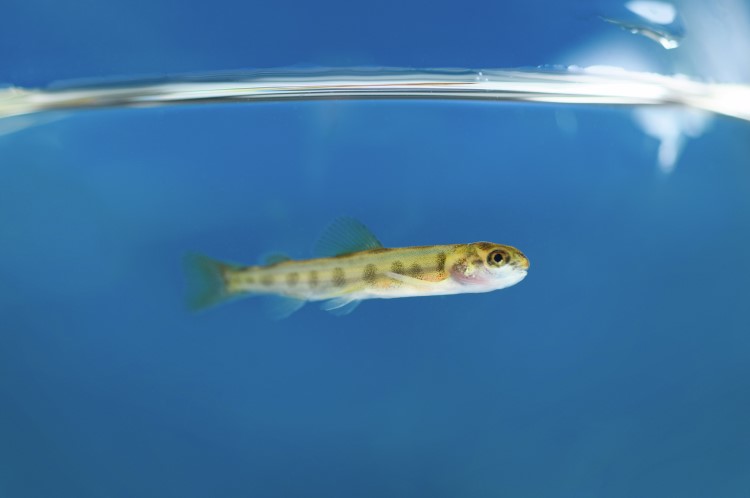
It determines the optimal levels of micronutrients according to the life stage of Atlantic salmon, both in pre-smolt and post-smolt diets. To this end, response tests are carried out at different doses, under normal and challenging conditions, with the aim of precisely adjusting nutrition and improving the health and performance of the fish.
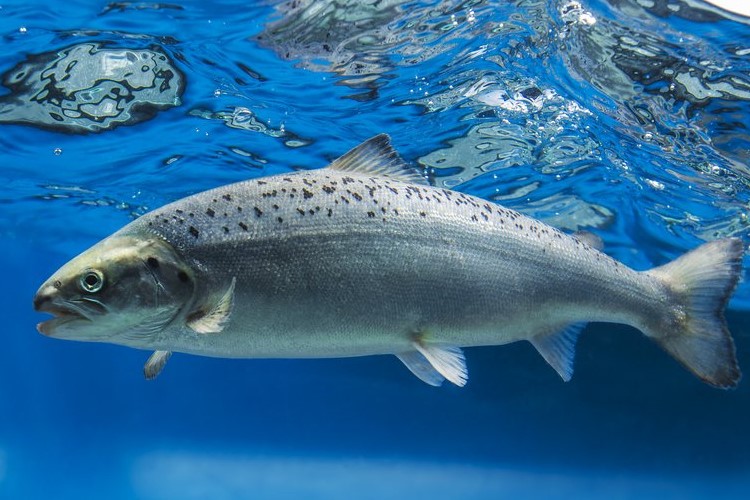
Knowledge and solutions for successful production of Atlantic salmon smolts using sustainable novel feeds that are applicable in modern recirculating land-based farming systems.
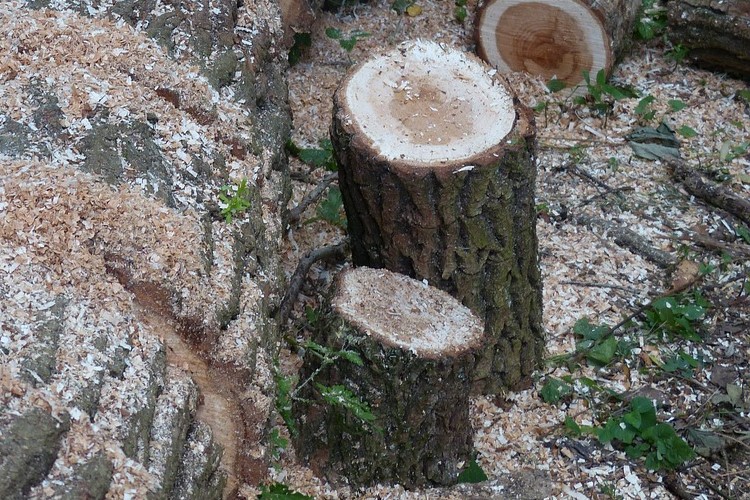
Co-production of Arbacore pellets and feed protein from wood, developing Arbaflame's existing patented technology for steam treatment of sawdust.

Bioculture of bioactive compounds from Norwegian herbs to improve feeding and packaging technology.
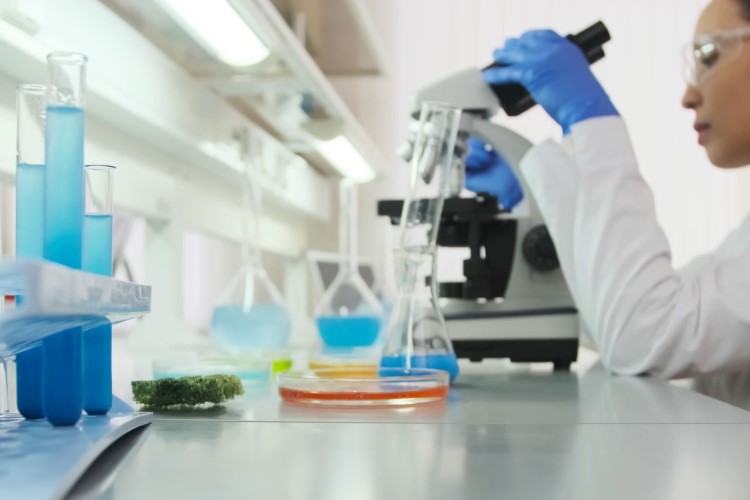
This industrial PhD project will increase knowledge about nutrition and health, particularly about the interaction between feed compounds and their absorption in cells. An in vitro system will be developed to examine new ingredients or bioactive compounds.
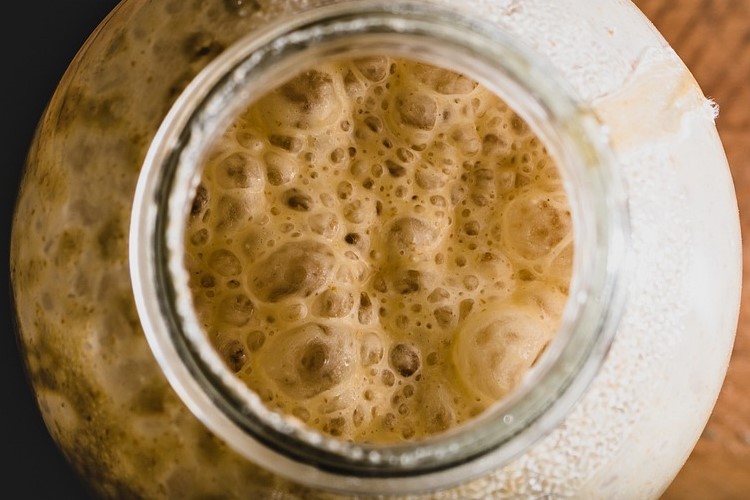
This research project is the result of an agreement between Skretting, SINTEF and NORCE for the development of the new single-cell protein product. The main idea of this project is to prepare for the future by developing yeast biomass into an affordable high-quality protein source to be used in salmon feed.
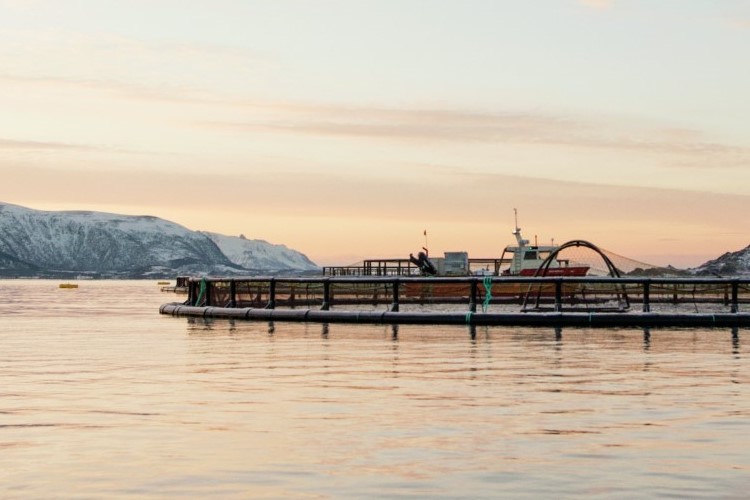
It isthe key to dietary intervention. This project aims to develop a diet to mitigate the effects of nephrocalcinosis on salmon health and well-being. It will build on and expand existing knowledge about nephrocalcinosis at the level of fish, organs and cells.

The project will develop and scale solutions for high-protein aquafeed ingredients based on fungal fermentation technology and demonstrate the ability to transform the food industry's secondary streams into sustainable, high-value ingredients.
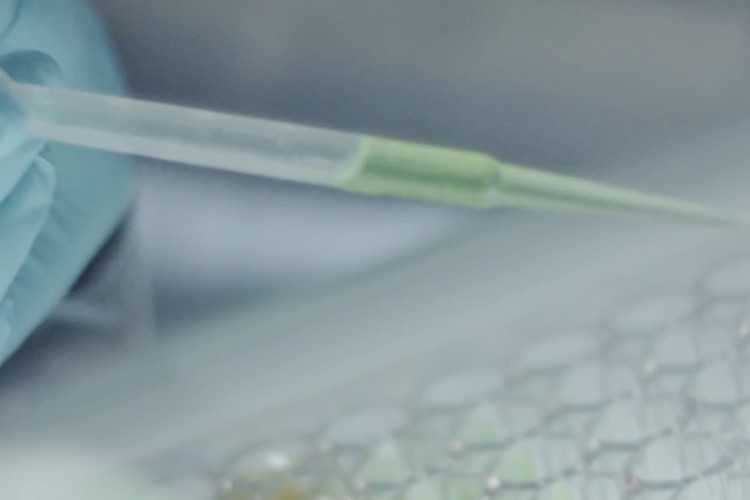
A consortium of research institutions and industrial partners that contribute to giving Norway a greater international role in biotechnology through increased competitiveness within the biotechnology industry.
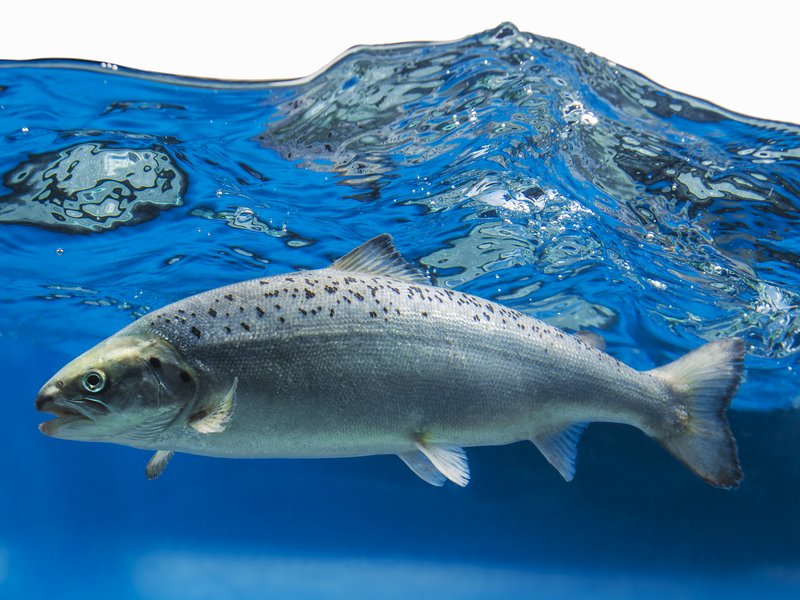
Try different diets with Grieg Seafood Rogaland to see how they affect growth, survival, well-being, and quality.

An important area of innovation is identifying and prioritizing areas for future growth. As part of Nutreco, we work closely with Nutreco's NuFrontiers strategic investment team, which identifies and invests in startups and scale-ups for innovative projects and joint ventures strategically relevant to the industry.
